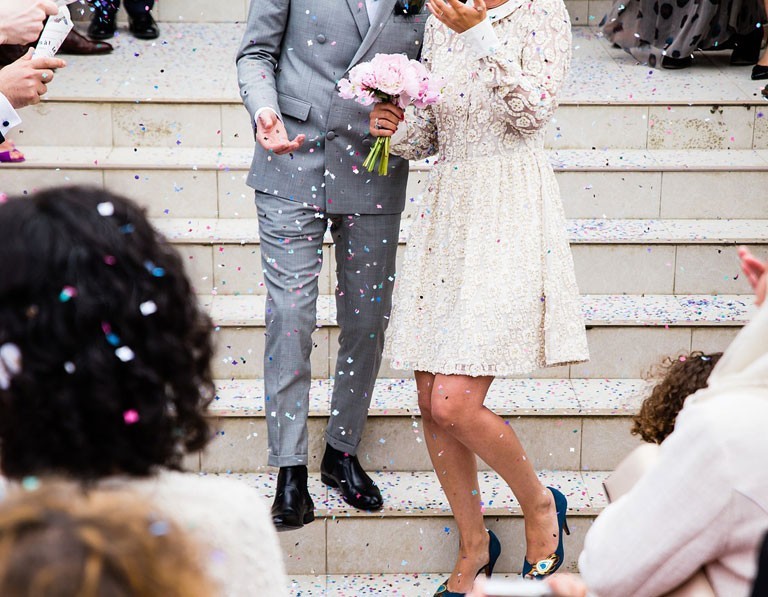Divorce-Proof Generation? How Millennials Approach ‘I Do’
Getting hitched in the 21st century has gained a new meaning. While older generation chose to get married mainly because economic advantages, millennials are postponing “I Do” until they are sure they have found the right partner. Are they avoiding commitment or trying to secure long-lasting relationships?
Millennials wait longer to get married
It’s become well known that romantic relationships are now taking longer to form than in the past, and people are waiting until later in life to get married. According to a study conducted by Pew Research, the median age for women to get married is 27, and for men 29, which is pretty high when compared to the 1960s statistics, when women commonly walked down the aisle before their 21st birthday, while men did so at the age of 23.
A study by Gallup concluded that marriage is still important to young adults, but many are waiting to get married for reasons that include finding the right person, feeling ready, and being financially stable. Millennials are more prudent in choosing their life-long partner than their parents were.
Economic factors
More people seem to value independence and financial stability in their partners, which takes longer time to achieve these days. Young adults still want to get married, but those with lower levels of income and education lack solid financial grounds, which they consider to be a prerequisite.
In contrast to the past habits, when adults in all socioeconomic groups married at roughly the same rate, marriage today is more common among those with higher incomes and more education, according to the Pew research. Economic factors certainly play a role, since those highly educated tend to earn more money and therefore have enough economic stability to engage in partnership.
W. Bradford Wilcox, director of the National Marriage Project at the University of Virginia said that “there is virtually no divide in the aspiration to marry. The challenge, then, facing the United States is bridging the gap between the nearly universal aspiration to marry and the growing inability of poor and working-class Americans to access marriage.”
Different perspective on marriage
The fact that fewer young adults chose to marry also has to do with modern social attitudes that consider the institution outdated. Millennials prioritize romance instead of traditional marriage that puts social benefits first. Disenchantment with marriage isn’t hard to understand.
Younger generations spent most of their lives in a world that’s filled with divorces, with some states like California, offering online services to help you file for uncontested divorces. As a result, people became cautious when entering relationships.
Taking things slow and dating longer serves as a way of protecting each partner of potential disaster. This way, bad relationships can result in a breakup, not a divorce. Taking more time to build a relationship may secure happy and successful marriages.
Beta-testing of marriage
An article in Time Magazine suggests a beta-testing in which millennials test-drive their marriages before they decide to commit. Since millennials are a generation that thrives on technology, this idea may not be so unreasonable. And it’s certainly not a new one.
Back in the 1960s, Margaret Mead mentioned the notion of serial monogamy, which involves a string of monogamous marriages. Most recently, in 2011, Mexico City proposed laws supporting two-year renewable marriage contracts. We can guess whether these ideas would work or not, but one thing remains – millennials aren’t afraid of commitment, they simply choose wisely and do their best to ensure their happy ending.
Young adults have gained a new perspective of marriage and opted to wait a little longer before they walk down the aisle. Their patience may pay off.









